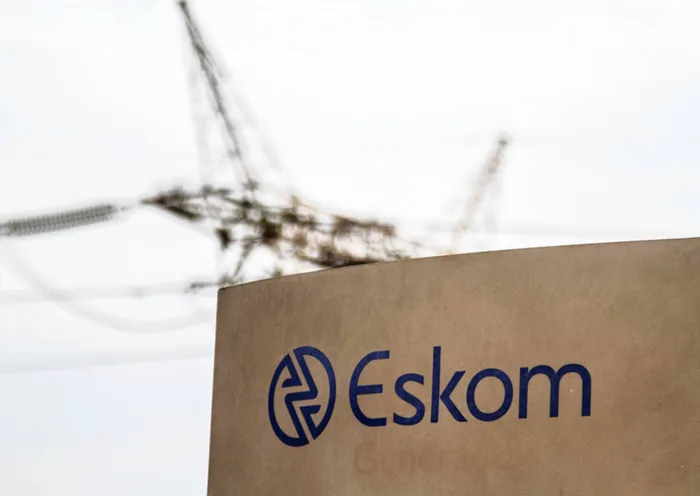Tender: Eskom mulls legal route

Eskom's proposed tariff hike can be detrimental to the middle class citizens which can lead to job losses, cable theft adn debt increases. Picture: Dean Hutton/Bloomberg Eskom's proposed tariff hike can be detrimental to the middle class citizens which can lead to job losses, cable theft adn debt increases. Picture: Dean Hutton/Bloomberg
Cape Town - Eskom is considering going to the Constitutional Court after the Supreme Court of Appeal set aside the R5 billion nuclear contract awarded to French company Areva.
The appeal court ruled that Eskom’s awarding of the tender had been “irrational and unlawful”.
Eskom spokesperson Khulu Phasiwe said Eskom’s legal team was studying the court judgment and the implications it may have on the current contract the electricity utility had with Areva.
“One of the options we might pursue is to take the matter to the Constitutional Court for review,” Phasiwe said.
The tender was to replace the ageing steam generators at the Koeberg nuclear power station.
Asked if taking the matter to the Constitutional Court would not result in a delay that could have an effect on the safety of Koeberg, Phasiwe said the steam generators were due for replacement only in 2018.
“We hope the matter will be resolved in the first half of next year,” he said.
The appeal court judgment was the result of a rival bidder, Westinghouse Electric Belgium, taking legal action to have the tender awarded to Areva in August 2014, reviewed and set aside.
Westinghouse argued in the Gauteng High Court that the decision to award the tender to Areva had been taken unlawfully as Eskom’s board tender committee had awarded it based on “strategic considerations” which had not been part of the stated bid criteria.
Westinghouse had not been told about the other criteria.
Westinghouse lost the case in the high court.
However the appeal court found the high court had overlooked the principle that in assessing the lawfulness of the tender process, a court must consider only whether the bids had been properly evaluated against the tender criteria.
It found the high court had not taken into account that Westinghouse had not known what these “strategic criteria” were before the tender was awarded, so had not been given an opportunity to deal with them.
The high court had also not taken into account that a bid should be evaluated only against the bid criteria contained in the invitation to tender.
CAPE TIMES